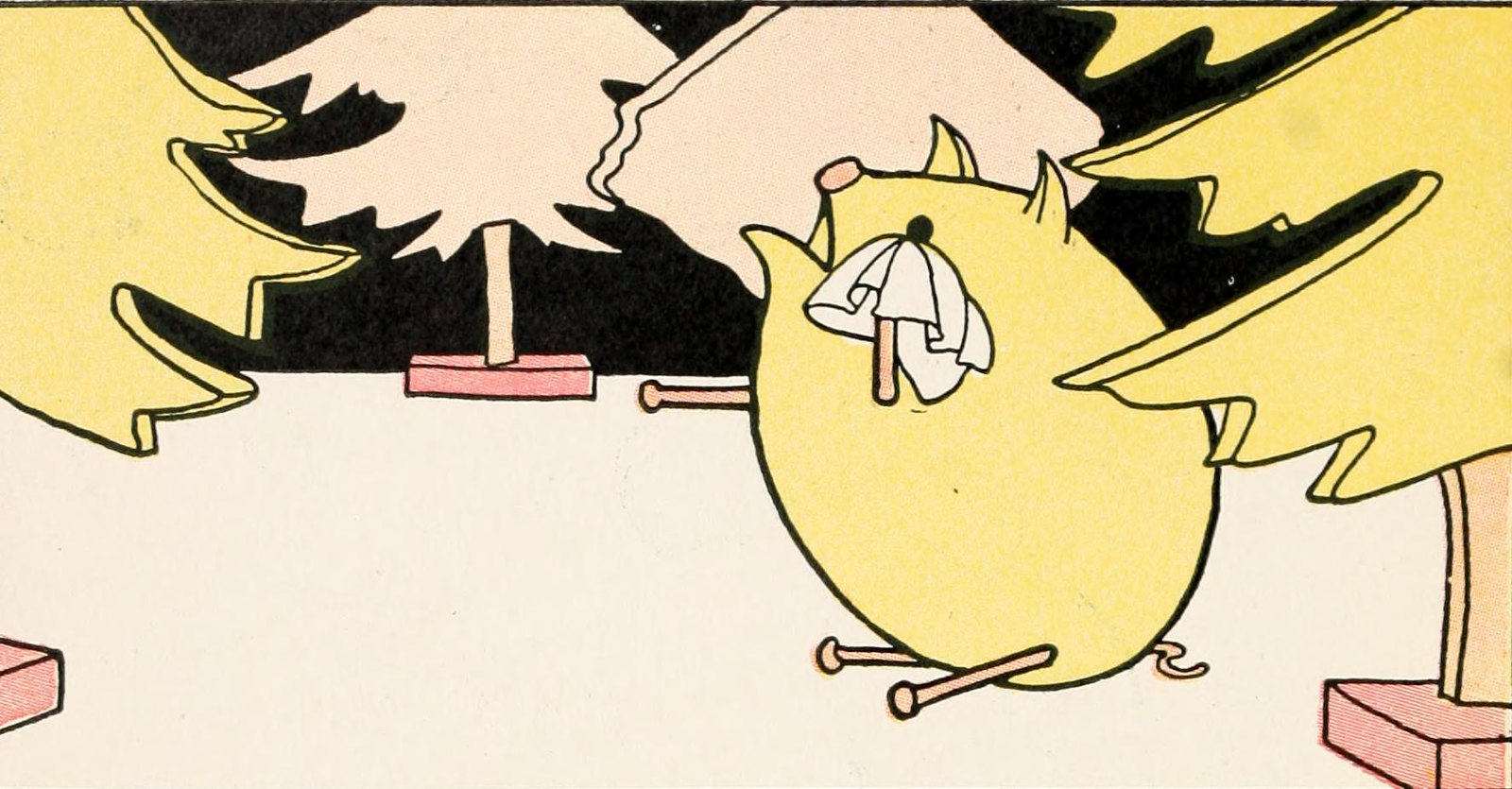1.
We can never know what it was like before now. We can guess, suppose, imagine, but it’s never going to have the reality that direct experience has.
I often imagine that there was a Before Time, when I didn’t spend every waking moment fantasizing about what I might be doing. I should read that. I should write that. I should write plays again. I should keep a blog. I should get an article published. I need to keep up on what’s happening. I need to make sure I’m not letting my professional skills slip or I’ll be out of a job. I shouldn’t spend so much time on Twitter. I should post to Instagram more. Am I a good father? I really need to call Matt, Cica, Bas, Mom, Christian, etc.
If there was a time when I didn’t worry about “doing something else” from whatever it is I’m actually doing, I can’t remember it.
2.
I am attempting to read Capital in its entirety for the first time. Like most people, I’ve been meaning to for years. I listened to David Harvey’s lectures on it last year (in podcast form) and that helped me prepare for the general shape of Marx’s argument. (I doubt that I’ll get anywhere with it with everything else I should be doing instead!)
I’m struck by the sheer amount of focus and time that Marx gives to the concept of value. I know a lot of work he lays out in Capital were first developed in previous books, like Theories of Surplus Value or Grundisse (his “basement tapes” for Capital). But he clearly decided that he was going to nail it out once and for all in a final, decisive volume. Value, especially when used in economics, is an assumed concept, and these kinds of assumptions are what Marx likes to investigate. That’s not to say it’s purely an exercise to piss his contemporaries off—he tears value apart because he sees that it has something fundamental to with everything else that follows, and that “everything else” for him is society. Today, “society” is a category different from others, especially “culture.” But my sense is that, for Marx, society involves all of human activity, cultural, political, and economic.
In order to critique the capitalist mode of production, Marx needs historical precedents to compare it to. Value in its different specific forms—use value, exchange value, money value—all emerge through different modes of production. Once surplus value exists, so does a class society. One group of people, happily or not, enjoys the benefits of other people’s labor. European feudalism is a class society because the lords and kings enjoy the surplus value produced by the labor of the peasants, for example. What characterizes the society that follows from capitalist production is the commodity. The commodity is valuable because it is forever exchangeable with money, which is the one commodity that lacks any use value (it can only be used in the commerce of goods). But what is the source of the exchange value materialized in money? For Marx, it’s abstract labor value.
A person’s labor transforms something substantially, which lends it a desirable use value. But, in capitalism, it’s not the use value that determines the commodity’s money value, it’s the work product’s exchange value. In other words, the commodity adds another layer of abstraction to what had existed within, say, European feudalism. And, it’s through that, that commodities can exist that don’t meet a genuine need or serve an apparent purpose.
3.
The image above is from a children’s book entitled Little Folks in Busy-land (1919). I found it by googling “busy” and liked it. The whole book (happily) is freely available here.
